Saving water is not just a habit for daily life; it is a key measure for global environmental protection. With population growth, industrial development, and climate change, water resources face unprecedented pressure. According to the United Nations, nearly 2 billion people live in areas with water scarcity. The water crisis has become a major constraint on economic development and ecological security. Saving water means reducing reliance on natural water bodies, maintaining the balance of aquatic ecosystems, and reducing energy consumption and carbon emissions, which have far-reaching impacts on environmental protection.
How Does Saving Water Help Improve the Environment?
Protecting Limited Water Resources and Maintaining Ecosystem Health
Freshwater resources on Earth are extremely limited, accounting for only 2.5% of total water, with an even smaller portion available for direct use. Saving water effectively reduces the over-extraction of surface and groundwater, preventing water body depletion and ecological degradation. Drying water bodies not only affects the survival of fish and aquatic plants but also causes wetland loss and biodiversity damage.
For example, the Yangtze River Basin has experienced increased ecological pressure due to overuse. With Apure’s water quality monitoring instruments, such as pH meters, dissolved oxygen meters, and turbidity sensors, management teams can monitor water quality in real time, detect abnormalities promptly, and implement protective measures to promote aquatic ecological balance.
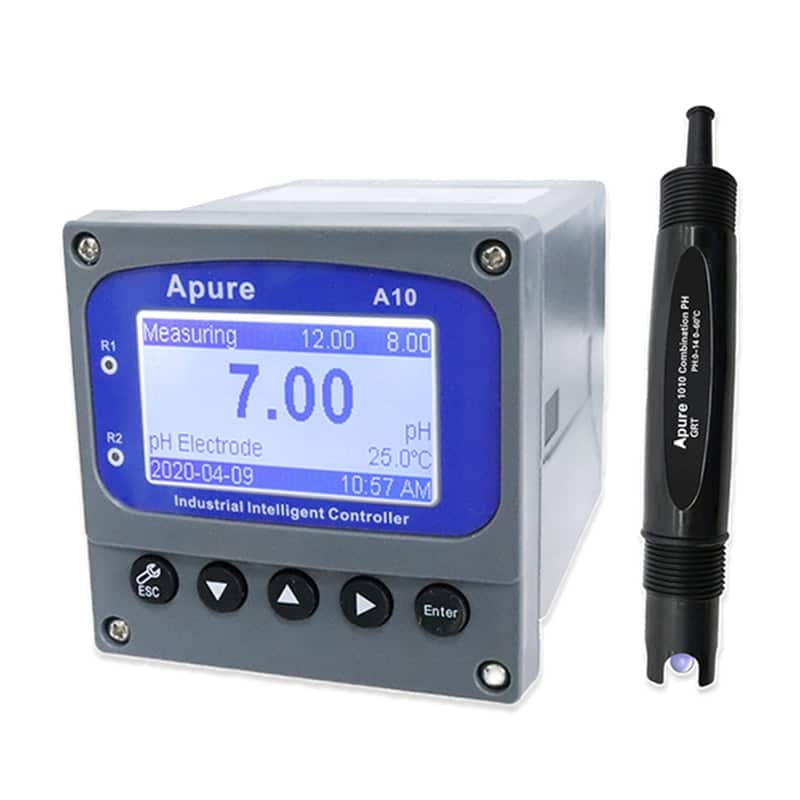
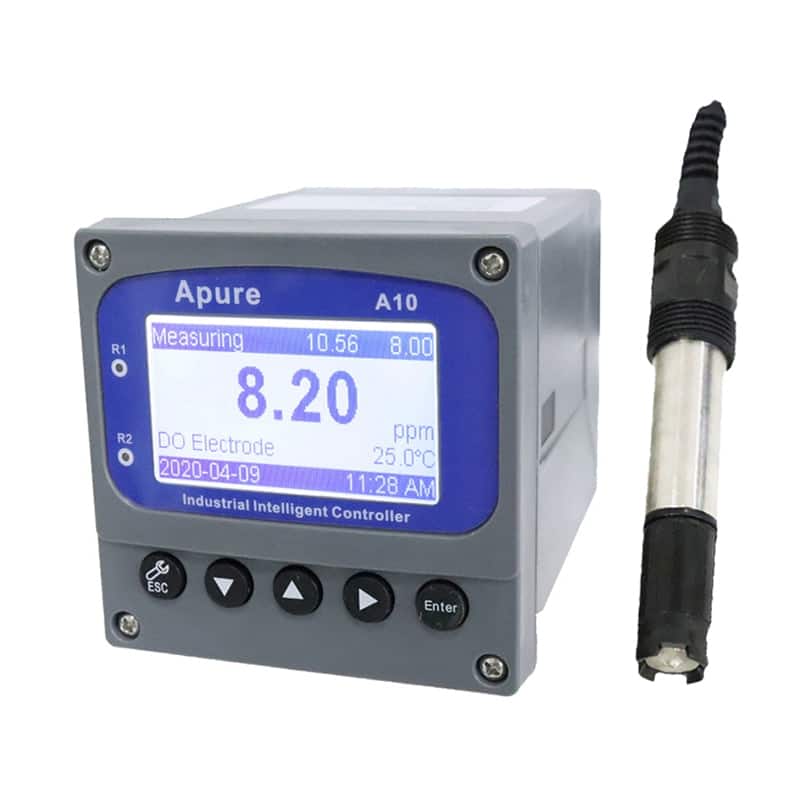
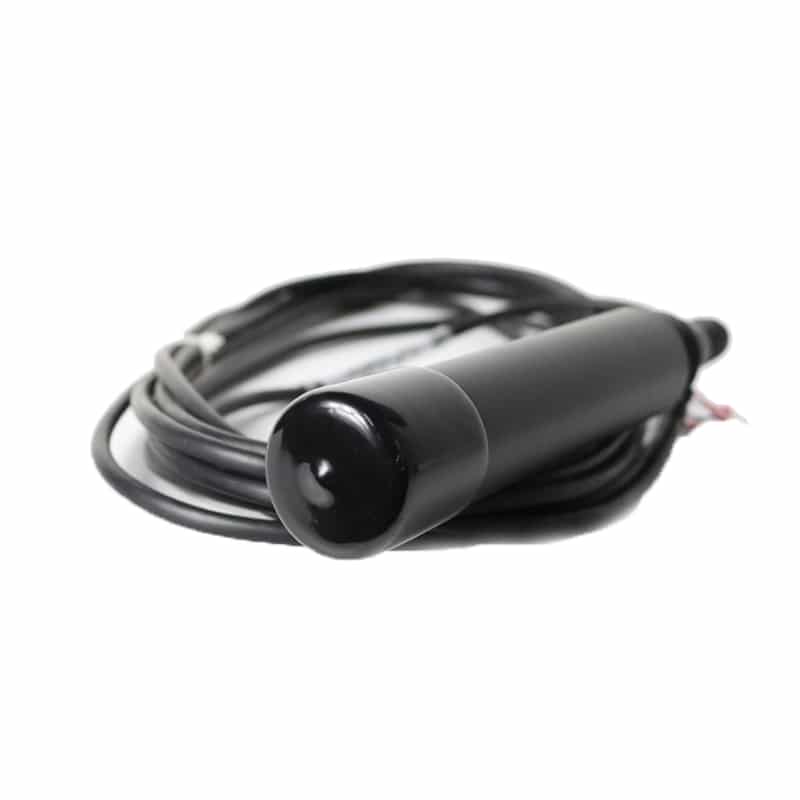
Reducing Energy Consumption in Water Supply and Wastewater Treatment
Water extraction, purification, and transportation consume huge amounts of energy. According to the U.S. Environmental Protection Agency (EPA), water supply systems account for approximately 12%–15% of urban electricity consumption, and wastewater treatment processes like aeration and chemical treatment are also energy-intensive.
Saving water reduces the demand for water treatment, indirectly saving energy. For example, aeration in biological wastewater treatment usually accounts for over 60% of the treatment plant’s energy consumption. Apure’s dissolved oxygen sensors enable treatment plants to adjust aeration intelligently based on real-time oxygen levels, avoiding energy waste and significantly cutting electricity use. Studies show optimizing aeration can save about 30% of energy.
Lowering Greenhouse Gas Emissions to Promote Low-Carbon Environmental Protection
Energy used in water supply and wastewater treatment mainly comes from fossil fuels like coal and natural gas, producing large amounts of greenhouse gases. Saving water reduces energy use and associated carbon emissions. It is estimated that saving 1 cubic meter of hot water can save about 1.5 kWh of electricity and reduce approximately 0.7 kg of CO₂ emissions.
Apure’s multi-parameter water quality monitoring instruments provide precise data support for energy-saving and emission-reduction efforts. Data-driven water and treatment management help enterprises minimize their carbon footprint and meet national carbon neutrality goals.

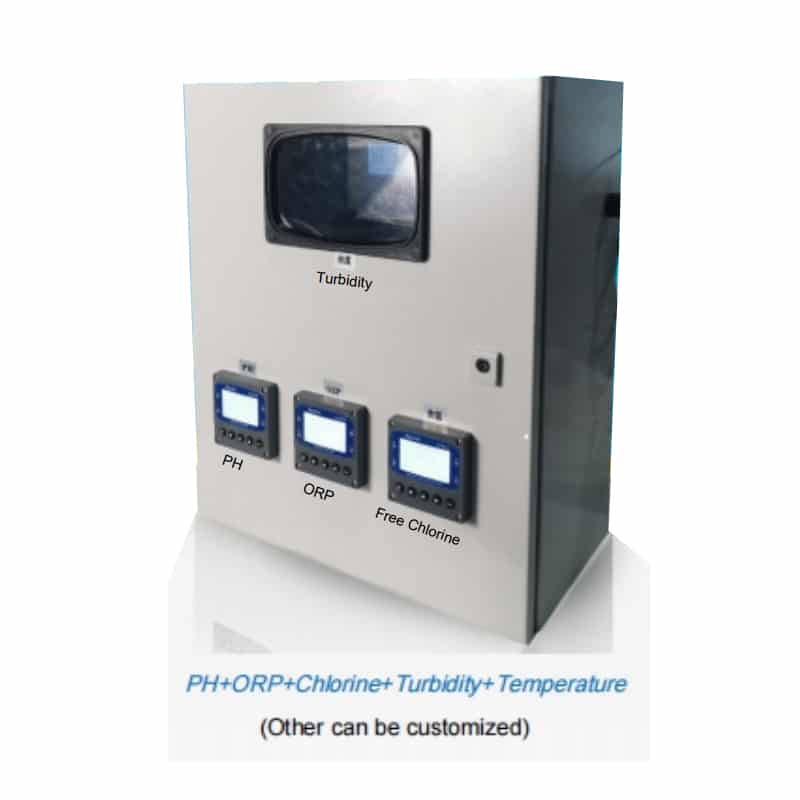
Reducing the Load on Wastewater Treatment Plants and Improving Water Quality Safety
Increasing domestic and industrial water use results in higher wastewater volumes, placing heavy pressure on treatment plants. Saving water reduces wastewater generation, lowers plant load, improves treatment efficiency, and reduces pollution risks.
Apure’s online pH, ORP, turbidity, and dissolved oxygen monitoring equipment offers 24/7 continuous water quality surveillance with automatic alerts for anomalies. This allows operators to adjust processes promptly and ensure stable compliance with discharge standards, protecting water environments.
Lowering Water Infrastructure Construction and Operation Costs
Large-scale water infrastructure requires significant investments and resource consumption. Saving water reduces the need for building new reservoirs, pumping stations, and pipeline networks, lessening environmental disruption risks. Scientific water quality monitoring provides data for resource allocation and optimizes the use of existing infrastructure.
Apure’s intelligent water quality monitoring system, integrated with cloud platforms and big data analytics, helps governments and enterprises plan water use scientifically, avoiding resource waste.
Promoting Smart Water Management and Improving Efficiency
Modern water management is moving towards digitalization and intelligence. Apure combines IoT technology with water quality sensors to achieve remote data collection and real-time monitoring, supporting cloud-based data analysis and alarms.
Smart water management systems help water users achieve precise consumption, quickly detect leaks and pollution sources, increase water use efficiency, and drive water saving and environmental goals.
Wide Industry Applications Supporting Green Development
Apure water quality monitoring instruments are widely used in municipal water supply, wastewater treatment, industrial wastewater management, agricultural irrigation, and aquaculture water quality control. Accurate monitoring supports customized solutions in various sectors, effectively reducing water waste and improving environmental management.
Core Advantages of Apure Water Quality Monitoring Instruments
- Multi-parameter monitoring: Covers key indicators including pH, dissolved oxygen, ORP, turbidity, conductivity, meeting complex water quality needs.
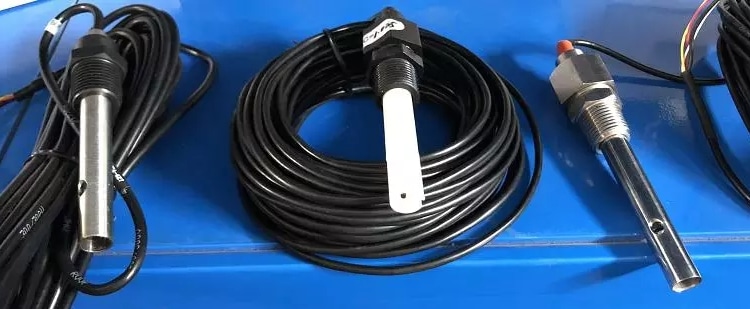
- High precision technology: Uses advanced materials and intelligent calibration to ensure stable and accurate long-term data.
- Intelligent management platform: Supports remote monitoring, cloud data storage, and analysis for scientific management and decision-making.
- Strong environmental adaptability: Corrosion-resistant and explosion-proof design suitable for various industrial and environmental scenarios.
- Comprehensive after-sales service: Provides technical support and maintenance, ensuring worry-free use.
Summary
Saving water protects precious freshwater resources, reduces energy consumption, and lowers carbon emissions. With Shanghai Apure’s advanced water quality monitoring technology, we can accurately understand water environments and scientifically regulate water use, achieving green environmental protection and sustainable development. Let’s work together to start from saving every drop and safeguard our beautiful planet. For more information, please contact us.
